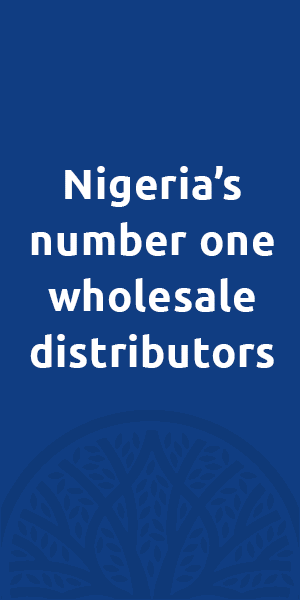
-
Register
All you need is a Jump.AFRICA account
With your Jump.AFRICA account, you can use all our services, current and future...
Register
Welcome to the Jump.AFRICA Community
- Login
- EN
Crime & Public Services1 posts
Nigerian Fraudster Hushpuppi to be extradited to US
Following the arrest of popular Nigerian fraudster known as Hushpuppi in Dubai, it has been announced that he will be extradited to the United States. His colleague, Olalekan Jacob Ponle also known as Woodbery was captured and will also be extradited.
They are charged with defrauding a total of Dh1.6 billion (about N169 billion) over 1.9 million people mostly believed to be Americans.
In the raid, tems worth N15.845 billion (Dh 150 million) were seized. In addition, 13 luxury cars worth N2. 640 billion (Dh 25 million), 21 laptops, 47 smartphones, 15 memory storage devices, 5 external hard drives and 800, 000 emails of potential victims were also recovered from the gang.
Their arrest in an operation codenamed "Fox Hunt 2" came after about four months of painstaking investigations into their activities., during which their social media activities were monitored by the highly trained police unit.
The video posted by the Dubai Media Office said their police were able to track the locations of the suspected fraudsters using their social media activities.
The Dubai Police said the Hushpuppi and his gang specialised in hacking corporate emails and then send fictitious messages to the clients of the companies whose email accounts they have hacked to redirect financial transactions and bank details to their own accounts.
Media reports said most of the victims of Hushpuppi’s gang’s criminal activities are United States citizen and that the Federal Bureau of Investigation is interested in extraditing members of the gang to the US.
In May, the United States Secret Service said in a memo that fraudsters were targeting American states. Their operations, the Secret Service said, was traced to Nigeria.
A California-based cybersecurity firm Agari said on Tuesday, May 19, that “some if not all” of those who committed the fraud are part of a Nigerian fraud group Scattered Canary.
 Back
Back
 Home
Home







